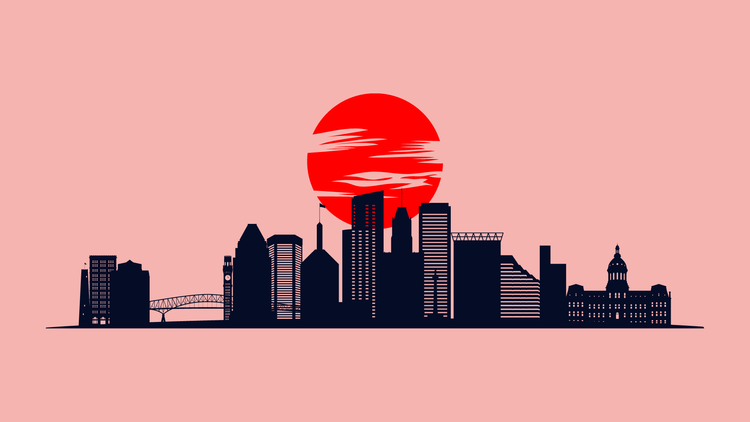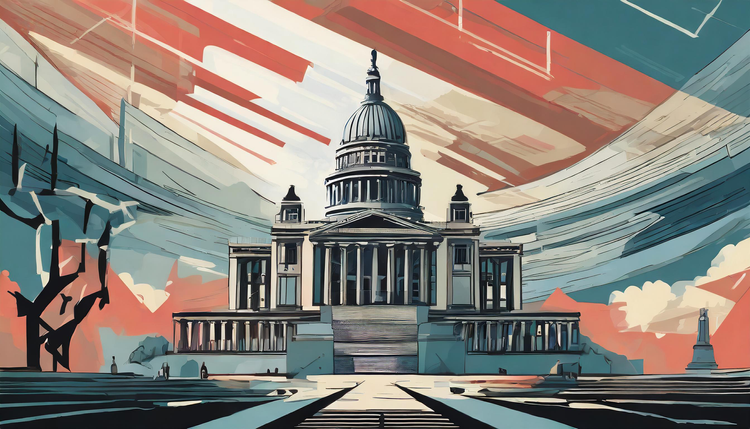The Moment The West Won, and the Soviet Union Lost
History is told through easy-to-consume, easy-to-repeat stories. Visual representations, like a video from 1989, give a story emotion and credibility.
One of those stories is that the Cold War ended when the Berlin Wall fell. This telling is partially accurate but incomplete.
The Berlin Wall “fell” in November 1989, but arguably the most critical moment of the Cold War happened six months later. And it didn’t happen in Berlin.
It happened in the White House’s Cabinet Room.
At 4:30 pm on May 31st, 1990, American President George H.W. Bush met with Russian Head of State Mikhail Gorbachev.
They were to discuss the slowly-improving relations between their two countries, including trade and divided Germany, and both presidents were joined by their battle-hardened foreign policy teams.
While discussing NATO and German reunification, Bush referred to a years-old non-binding declaration, the Helsinki Accords, that enumerated countries’ rights to choose their own alliances.
Specifically, Bush wanted to know if Gorbachev agreed that a newly-reunited Germany should be able to choose its alliance partners.
To the surprise of everyone in the room, including his own advisors, Gorbachev said yes.
And with that one-word answer, Gorbachev conceded that a united Germany could join NATO, the western military alliance and still-enemy of Russia.
Although it is a less compelling story than protestors scaling a wall for freedom, the events of May 31st, 1990 started a reaction that incorporated Germany into NATO and, less than two years later, led to the collapse of the Soviet Union.





